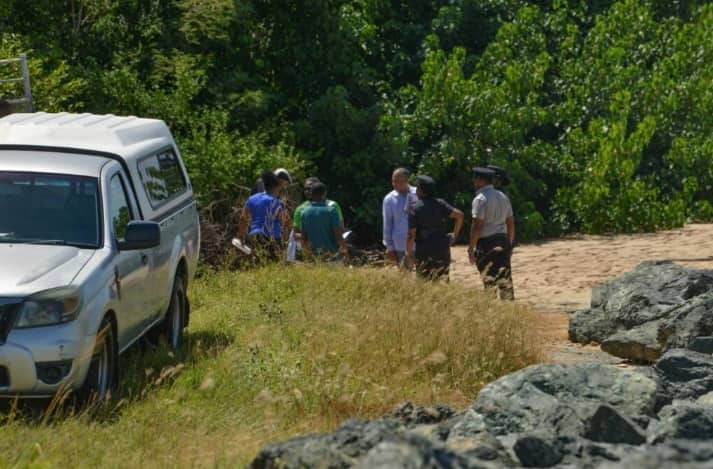Remote Employment Bill 2021: Non-nationals can work remotely from Grenada
The Remote Employment Bill 2021 will open the door for non-nationals for remote employment
26th of May 2021

Grenada: The Remote Employment Bill 2021 will grant permission to non-nationals to be employed with companies outside Grenada while being in the state of Grenada. Bill that will provide for non-nationals to work from Grenada with companies that are based outside of the island has received the first legislative approval.
The Remote Employment Bill 2021, “This Bill seeks to establish a remote-work permit regime suited to non-nationals who wish to be employed under contractual obligations originating and relating solely to matters outside of the State of Grenada while being physically operating in the State of Grenada,” said the explanatory notes in the Bill which was approved during last Friday’s sitting of the Lower House of Parliament.
“This Act will establish a framework for non-nationals to be employed remotely in the State of Grenada,” said Tourism Minister Clarice Modeste, who presented the Bill in the House. The base for their employment is in another country, but the work can be carried out in Grenada.
Remote employment has become a trend in some tourist-dependent destinations and is seen as part of a more comprehensive strategy to rebuild the tourism sector as measures are put in place to see the Covid-19 virus as another virus that will soon be described as medically endemic.
This can be stated as a new way for generating business in a country because the person comes in and lives within the country,” said Modeste. She told members that individuals applying to work remotely must be financially independent. In our case, we have put a minimum threshold of EC$100,000 per annum, and the source must be from the outside, not the inside…Persons must not be coming to Grenada to set up a business, she said while outlining some of the restrictions.
Such people are expected to use official accommodation such as hotels, apartments and guesthouses or villas. They will be allowed to have dependents, including parents and a grandchild, accompany them, but children cannot be enrolled in public schools. They must have health insurance. The person can also lose the job in case of denying the rules under the job permit.
The application will be charged for US$1,500/EC$4,050. The application fee for an individual and up to 3 dependents will be US$2,000/EC$5,400, and the application fee for every additional dependent will be US$200/EC$540.
Latest
- Guyana’s Linden to Mabura Road Project Nears Completion, Connecting Country to Northern Brazil
-
Trinidad: Unidentified man found dead on Uriah Butler Highway in suspected hit-and-run -
Tuberculosis cases reported at Edward P. Yorke High School in Belize City -
Sugar Mas Carnival boosts St Kitts and Nevis economy to $29.5m -
Jamaican Designer Rachel Scott Debuts Fall 2026 Diotima Collection at New York Fashion Week
Related Articles


21st of February 2026

20th of February 2026

20th of February 2026


19th of February 2026

18th of February 2026

